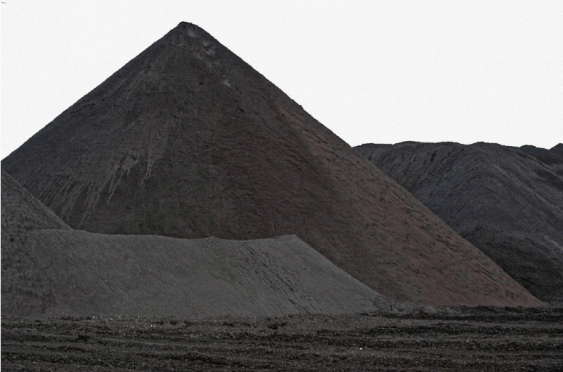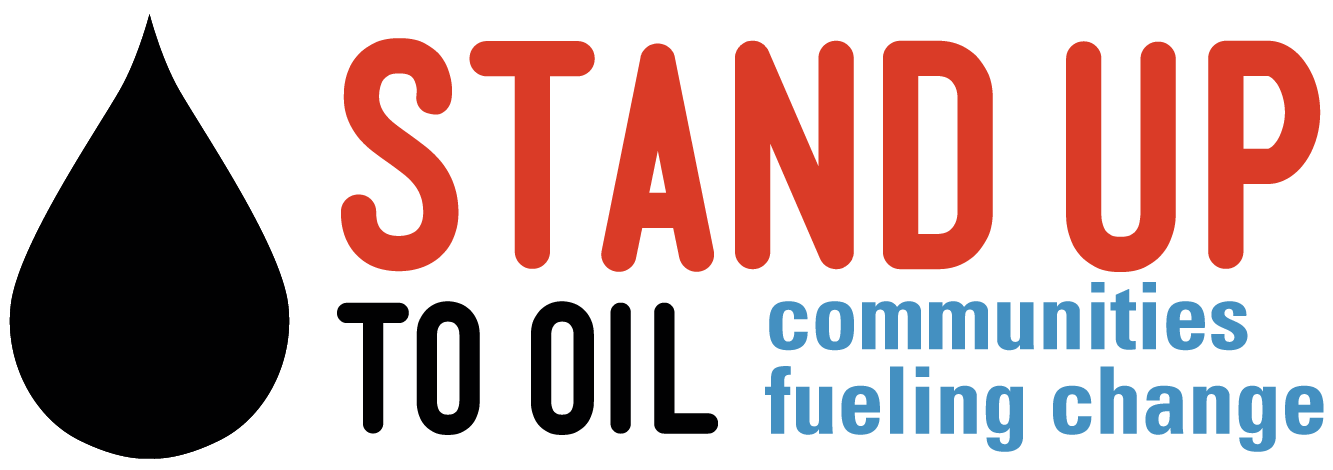Imagine the conversation in the board room of the coal companies.
“Sir, our stocks are dropping fast. States are transitioning away from coal-fired power plants, claiming our coal is too dirty.”
“Hmmm … Let’s export the coal to Asia! We could push 50 coal trains per day through the Columbia River Gorge to ports in Oregon and Washington. And let’s send a dozen coal trains through Portland.”
“Brilliant, Sir!”
Satire aside, coal export plans are very real and moving fast (Dust in the wind, Sustainable Life, May 17). They’ve filed permits to build giant coal terminals — think huge piles of coal, measured in acres, polluting the banks of the Columbia River. Picture 25 full and 25 empty trains per day bisecting small towns and big cities, clogging traffic, spewing toxic dust and diesel and competing for limited rail space with grain shippers and Amtrak.
Satire aside, coal export plans are very real and moving fast (Dust in the wind, Sustainable Life, May 17). They’ve filed permits to build giant coal terminals — think huge piles of coal, measured in acres, polluting the banks of the Columbia River. Picture 25 full and 25 empty trains per day bisecting small towns and big cities, clogging traffic, spewing toxic dust and diesel and competing for limited rail space with grain shippers and Amtrak.
Ambre Energy, which The Australian describes as a “small-time Queensland resources company at risk of financial collapse,” proposes a combination coal train and barge proposal at the Port of St. Helens. Kinder Morgan, a big-time energy company that plead guilty to criminal charges after allegedly bribing a Portland ship captain to dump damaged chemicals in the ocean, proposes 12 trains per day through Portland, all the way to Port of St. Helens.


